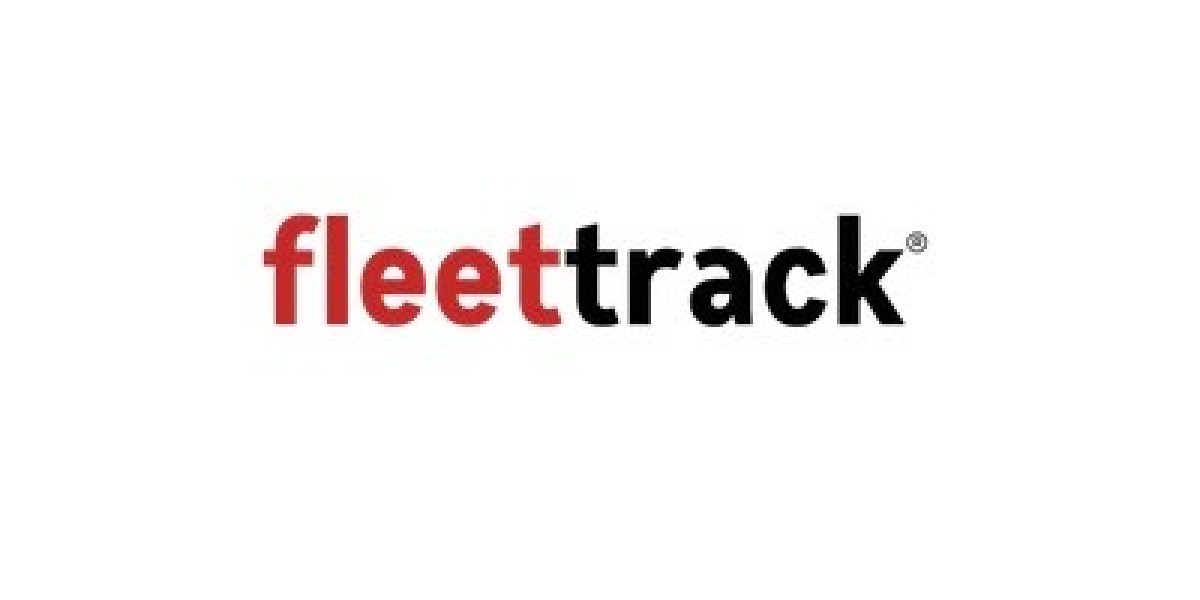The course curriculum plays a pivotal role in determining the efficacy and comprehensiveness of any digital marketing program. A well-rounded curriculum should encompass a wide array of essential aspects within the digital marketing domain to equip learners with the necessary skills and knowledge to thrive in the ever-evolving landscape of online marketing. Let's delve into how a comprehensive curriculum should cover essential areas such as SEO, SEM, social media marketing, email marketing, best digital marketing course in salem and analytics.
Search Engine Optimization (SEO): Search Engine Optimization (SEO) is the cornerstone of any digital marketing strategy aimed at improving a website's visibility in search engine results pages (SERPs). A robust curriculum should provide in-depth coverage of SEO fundamentals, including keyword research, on-page optimization techniques, off-page optimization strategies, technical SEO, and the latest algorithm updates from major search engines like Google. Learners should gain practical insights into optimizing website content, improving site structure, and leveraging SEO tools and analytics to track and measure performance.
Search Engine Marketing (SEM): Search Engine Marketing (SEM) involves leveraging paid advertising platforms such as Google Ads to promote products or services and drive targeted traffic to websites. A comprehensive curriculum should introduce learners to the fundamentals of SEM, including keyword targeting, ad copywriting, bidding strategies, ad extensions, and campaign optimization techniques. Students should also learn how to set up and manage PPC (Pay-Per-Click) campaigns effectively while adhering to best practices and industry standards.
Social Media Marketing: Social Media Marketing (SMM) has emerged as a powerful tool for brands to engage with their target audience, build relationships, and drive conversions. A well-designed curriculum should cover various social media platforms such as Facebook, Instagram, Twitter, LinkedIn, and YouTube, highlighting their unique features and best practices for content creation, community management, advertising, and analytics. Learners should explore strategies for developing compelling social media campaigns, fostering brand advocacy, and measuring ROI (Return on Investment) across different social channels.
Email Marketing: Email Marketing remains one of the most effective channels for nurturing leads, driving sales, and fostering customer loyalty. A comprehensive curriculum should delve into email marketing fundamentals, including list building, segmentation, email design, copywriting, automation, and A/B testing. Students should learn how to craft engaging email campaigns that resonate with their target audience, optimize deliverability and open rates, and leverage analytics to track key performance metrics and refine their strategies over time.
Analytics: Analytics is integral to the success of any digital marketing campaign, providing actionable insights into consumer behavior, campaign performance, and ROI. A well-rounded curriculum should introduce learners to various analytics tools and platforms such as Google Analytics, providing hands-on experience in data collection, analysis, interpretation, and reporting. Students should learn how to set up tracking codes, configure conversion goals, analyze website traffic patterns, and generate custom reports to inform decision-making and optimize marketing efforts.
In summary, a comprehensive digital marketing course curriculum should cover essential areas such as SEO, SEM, social media marketing, email marketing, and analytics in depth, providing learners with the knowledge, skills, and practical experience needed to excel in today's competitive online landscape. By combining theoretical concepts with hands-on projects and real-world case studies, the curriculum should empower students to develop effective digital marketing strategies, drive measurable results, and stay ahead of the curve in an ever-evolving industry.









